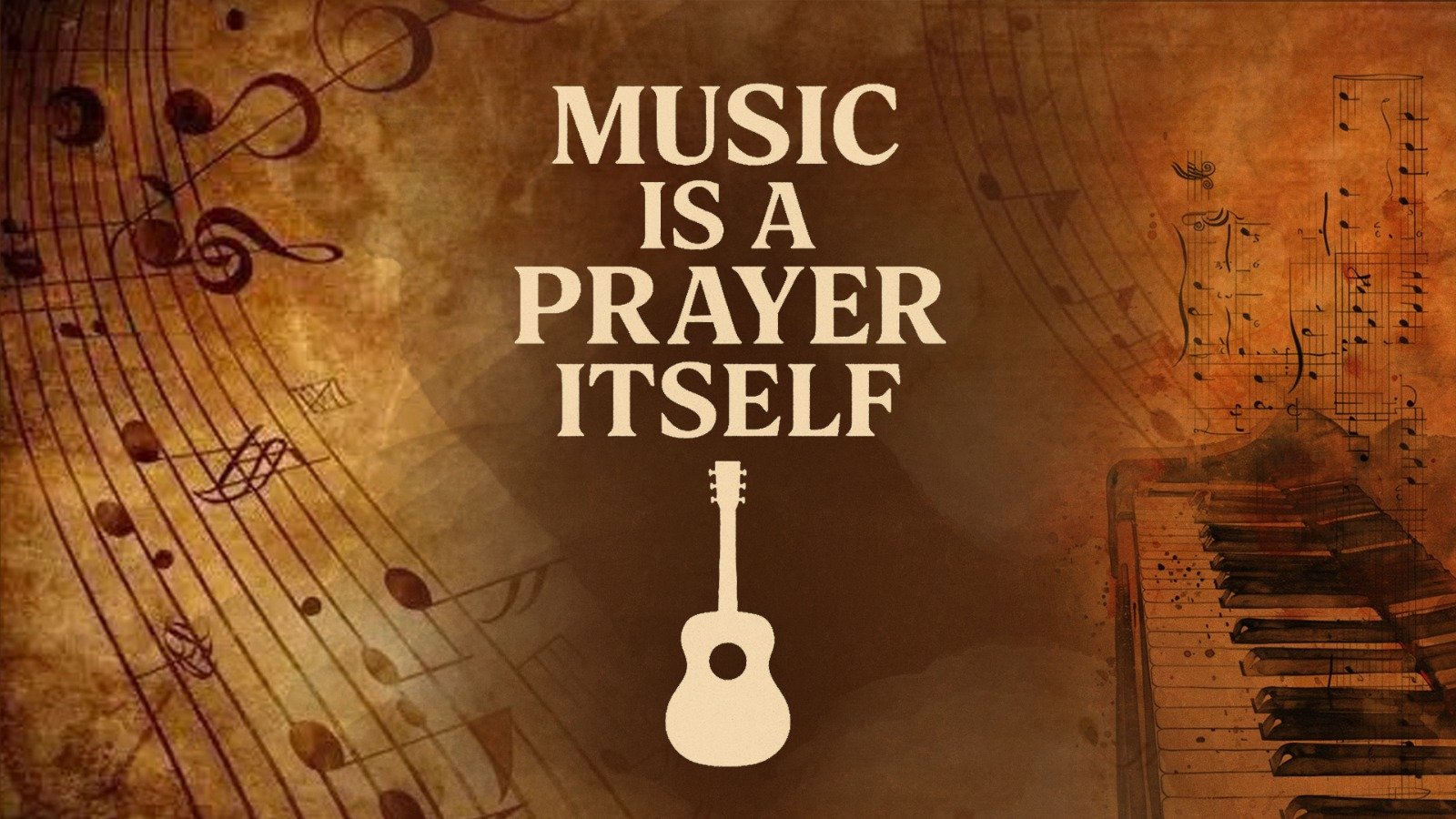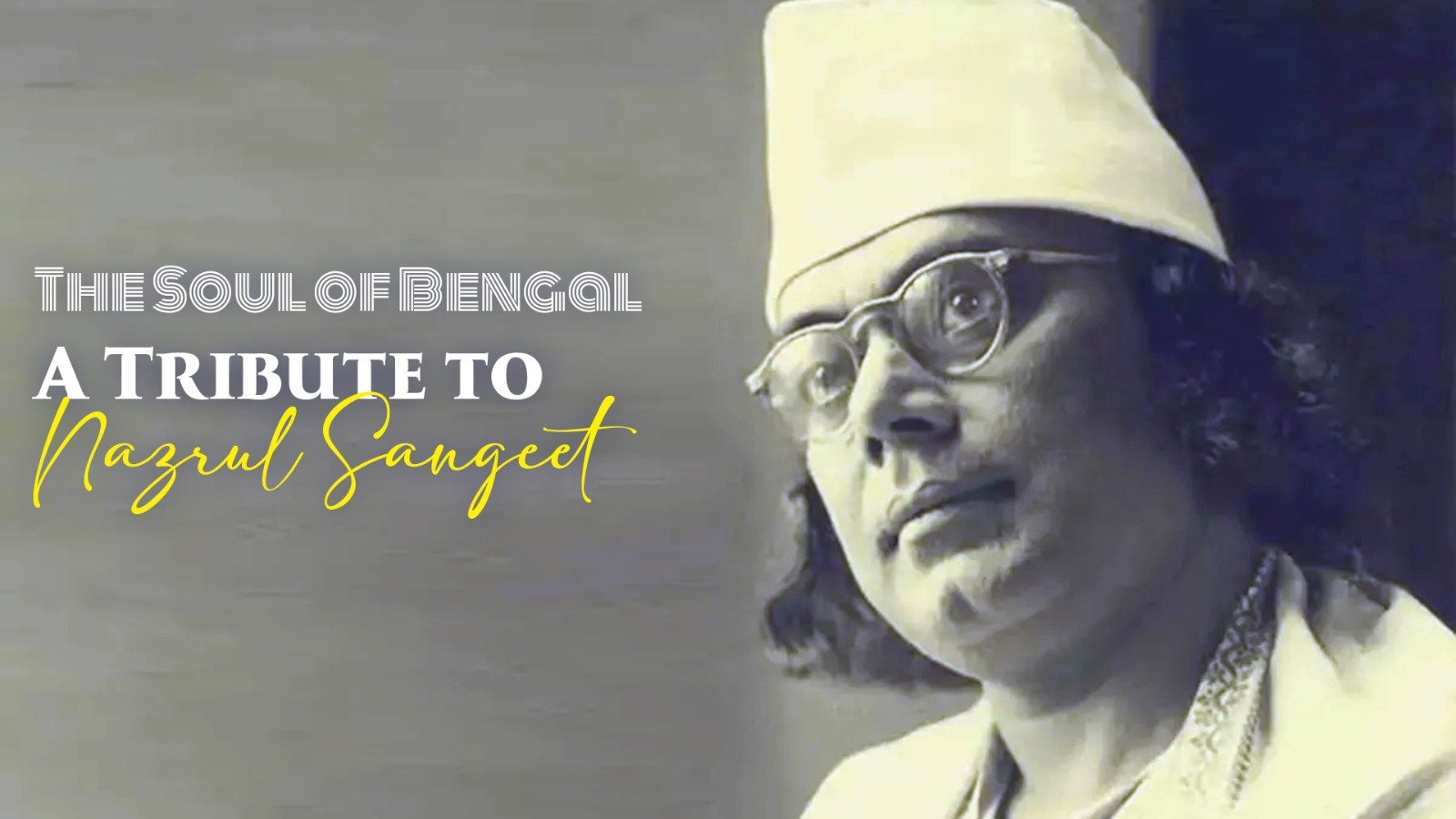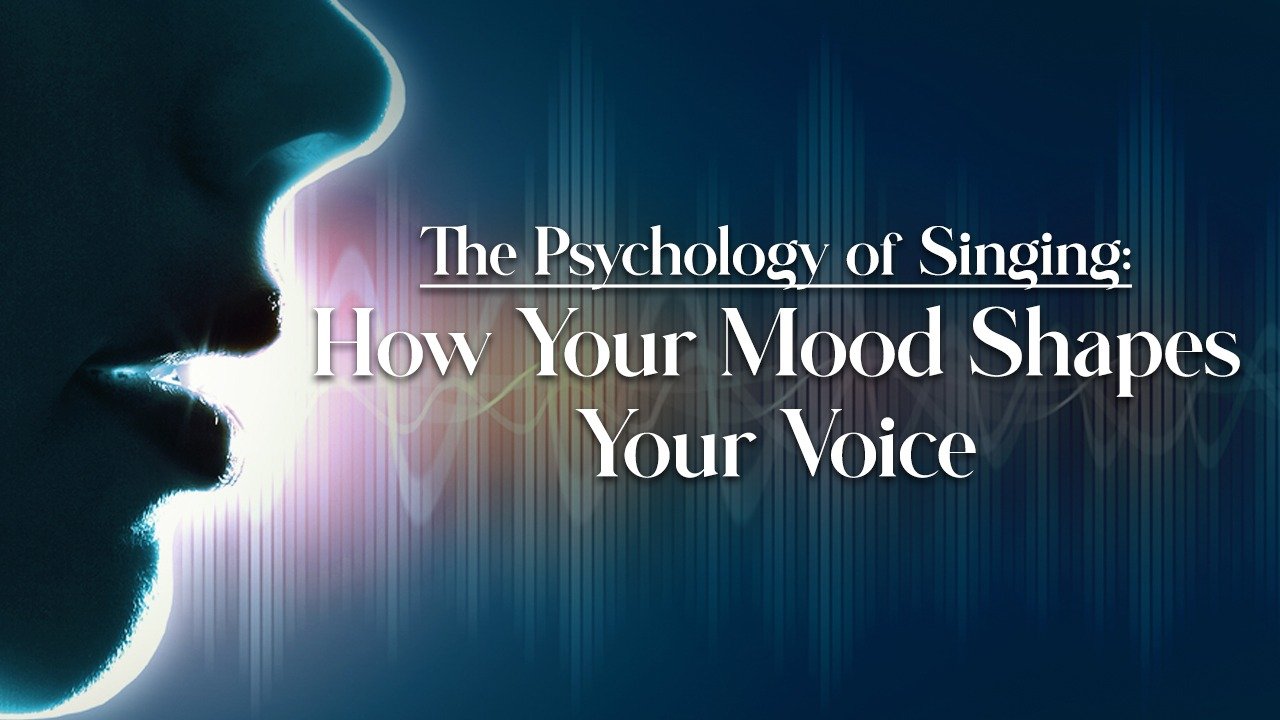Music transcends language, religion, and geography — it is a universal force that speaks directly to the soul. In its purest form, music is not just art or entertainment; it is devotion. Like prayer, music creates a sacred space within us — a place where the chaos of the world falls silent, and we connect with something greater than ourselves. For centuries, mystics, saints, and seekers across cultures have turned to music as a spiritual medium. Whether it’s the soulful alaap of an Indian raga at dawn, the meditative rhythms of African drums, or the reverent hymns sung in churches, music has always been used to evoke the divine. It is no coincidence that many religious practices include music at their core. Bhajans, qawwalis, chants, and gospel songs are not just performances — they are prayers set to melody. Even when detached from any formal religious context, music can still be prayerful. A mother humming to her child, a musician lost in improvisation, a singer pouring emotion into every note — these are sacred acts. In those moments, music becomes an offering — not to a deity, necessarily, but to truth, beauty, love, or peace. The discipline of learning music is itself a spiritual path. The patience it demands, the surrender it teaches, and the emotional honesty it requires mirror the qualities of a sincere prayer. When a musician closes their eyes and lets go, when the listener feels goosebumps and stillness — that is the moment music becomes more than sound. It becomes sacred presence. In a world often driven by noise and distraction, music offers a pause — a breath — a moment to return to ourselves. Whether we sing, play, or simply listen, music becomes a way to align with the rhythm of the universe. So yes, music is a prayer. Not because it asks for something — but because it offers everything.
Music Is a Prayer Itself
Jesica Sen
||
Post On > Jul 17 2025 ||






